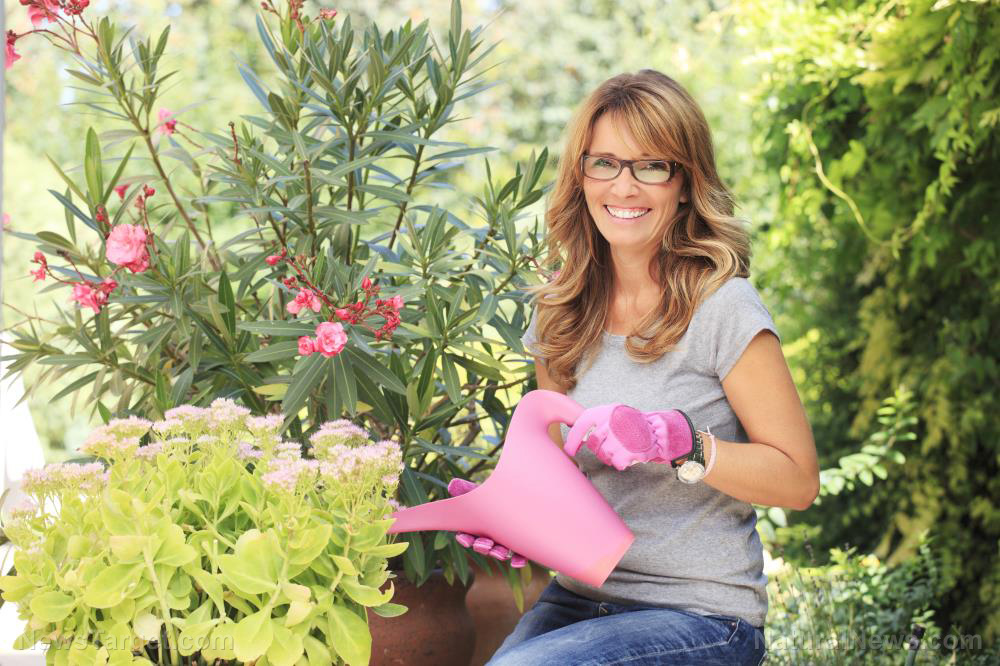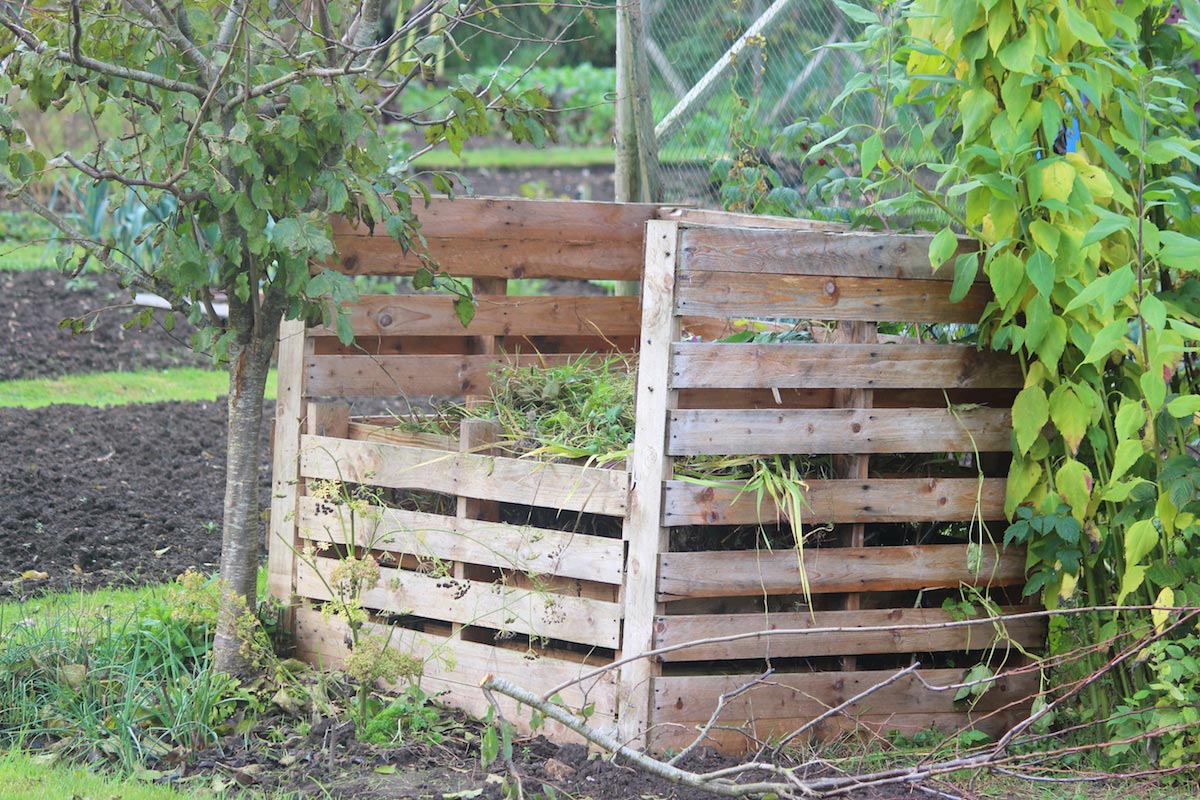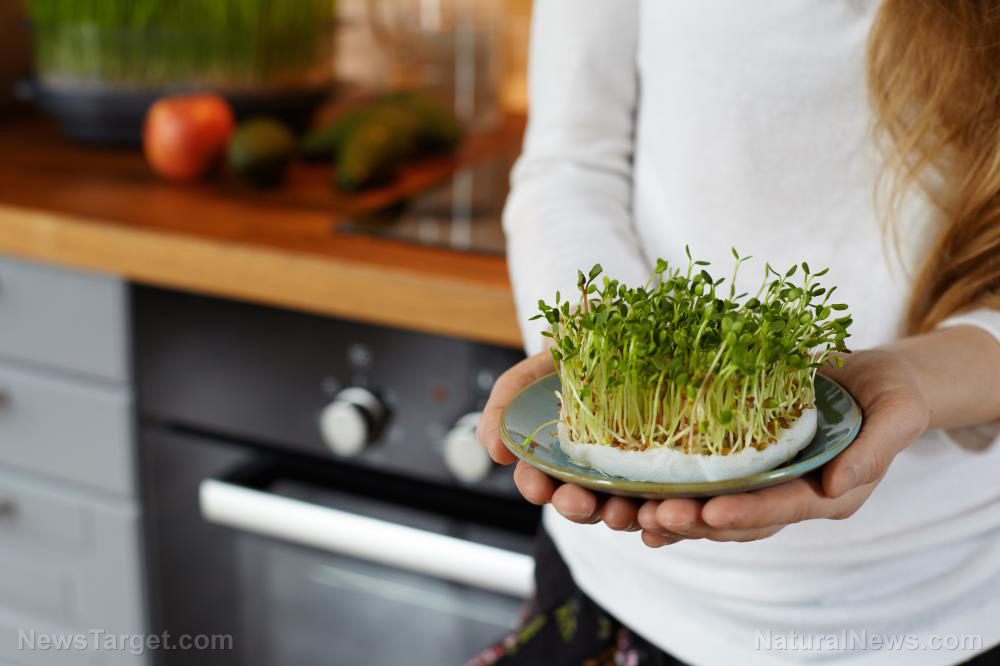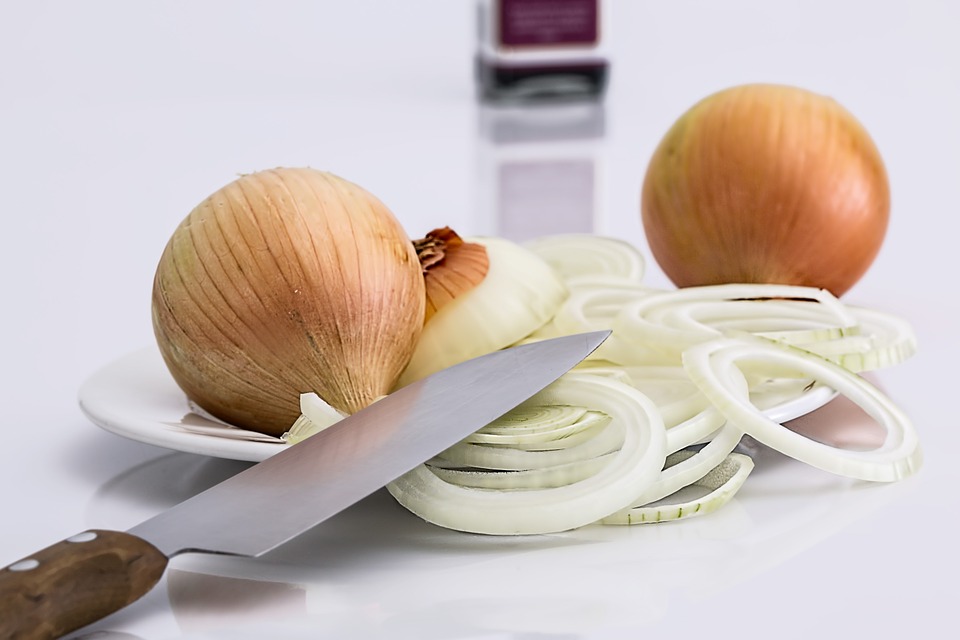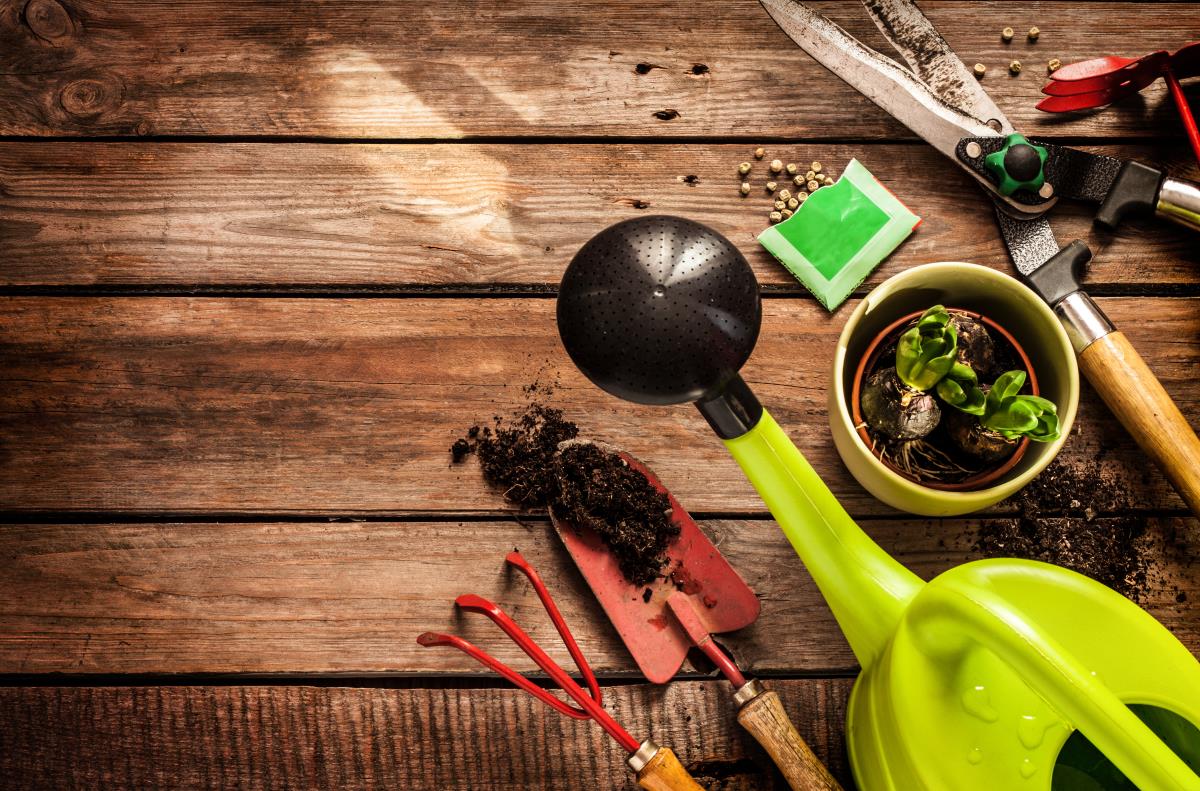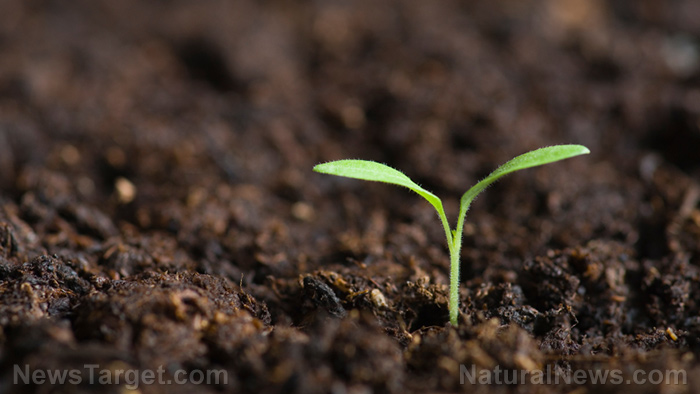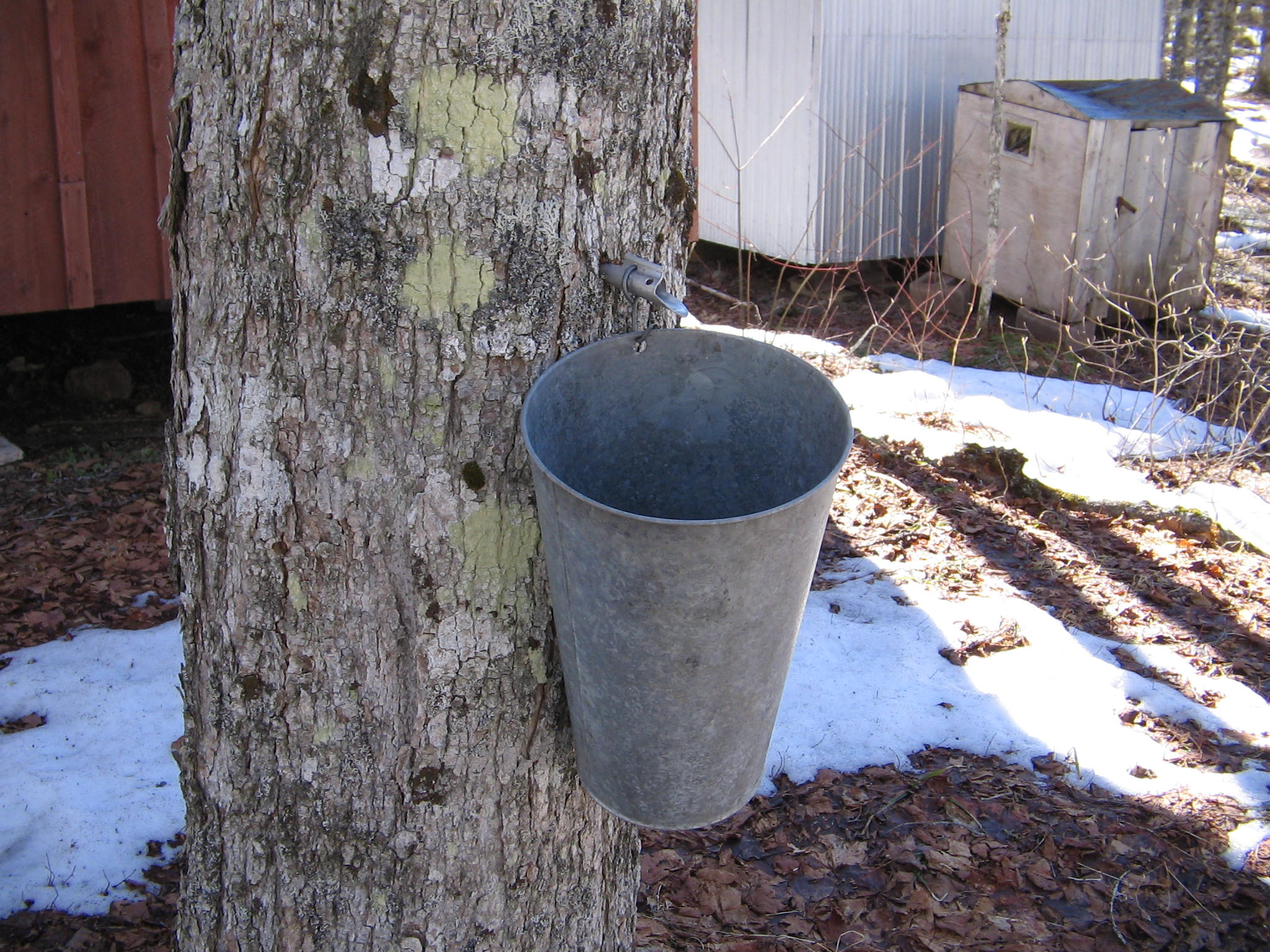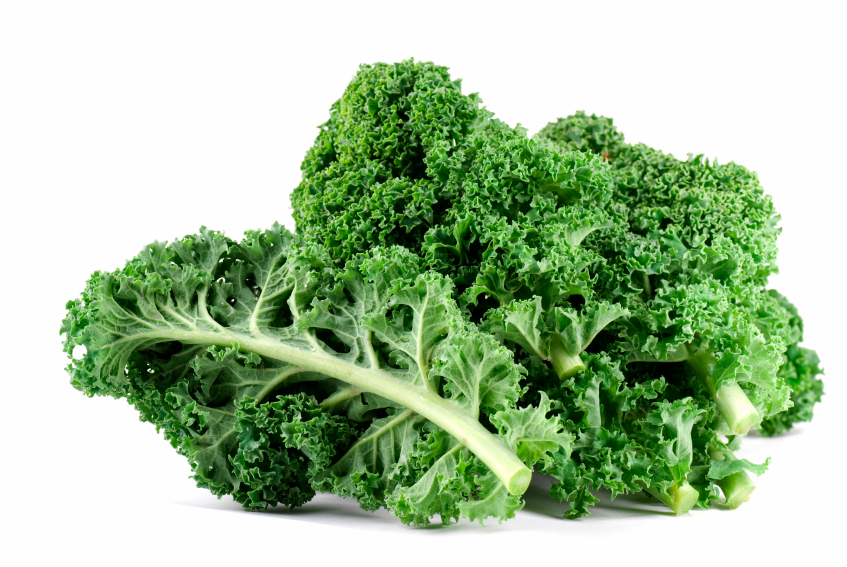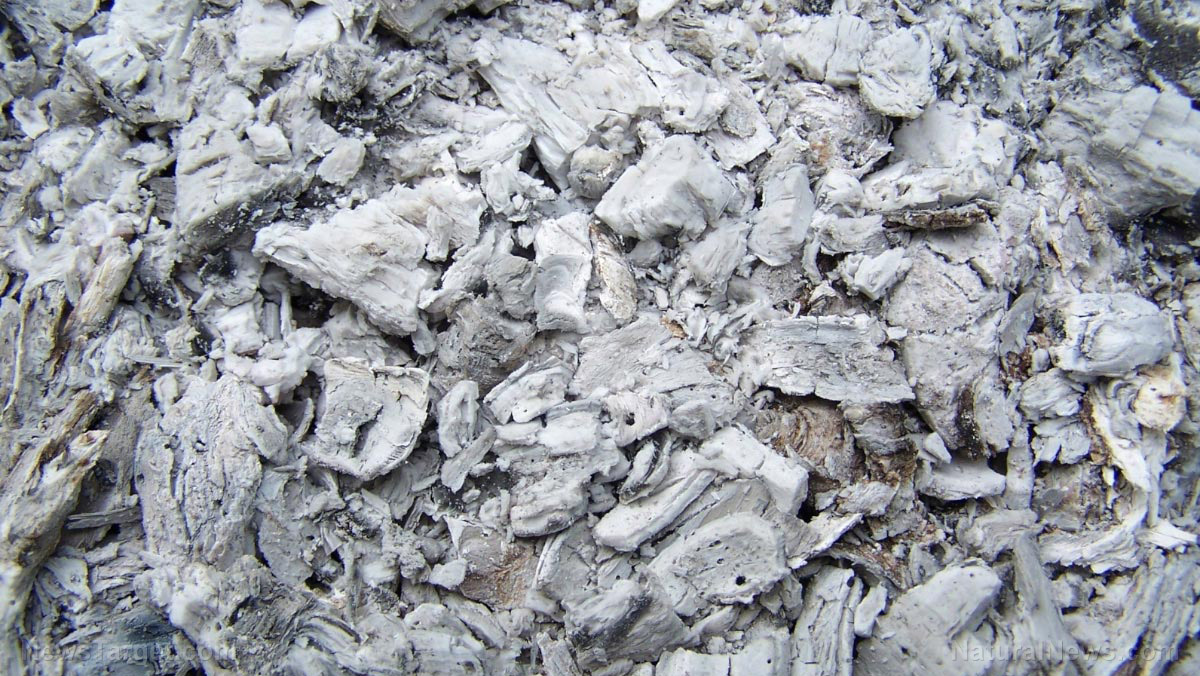Why do we feel happier when we garden? The answer may lie in the soil
02/26/2019 / By Zoey Sky
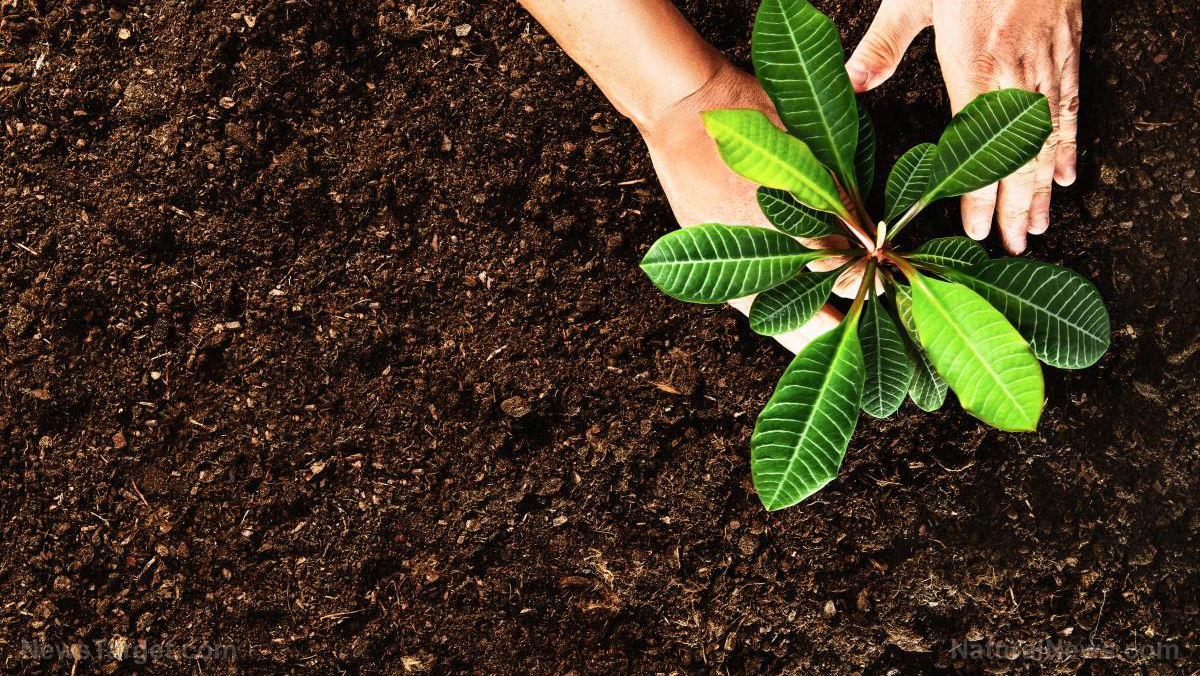
Home gardening is a popular stress-relieving hobby: it offers many benefits, such as letting you spend more time outdoors and being a source of fresh fruits and vegetables. According to a study, gardening’s therapeutic benefits may be due to Mycobacterium vaccae (M. vaccae), which is bacteria found in the soil.
The study, which was published in the journal Neuroscience, was a collaborative effort between researchers from the University of Bristol (UoB) and University College London (UCL).
Mycobacterium vaccae and serotonin
The researchers involved in the study wanted to determine if there was a connection between soil exposure and a reduction in depression. During the course of the study, the researchers discovered that M. vaccae, a benign and naturally-occurring soil bacteria, has a proven mood-boosting and antidepressant effect.
For the study, the scientists treated some mice directly with M. vaccae bacteria. The test results then revealed that these mice had significantly higher levels of serotonin or 5-hydroxytryptamine (5-HT) in their brains.
The researchers posit that this could explain why an imbalance in the immune system imbalance may make some individuals more vulnerable to mood disorders such as depression. Dr. Chris Lowry, the study’s lead author from UoB, explained that these studies help experts “understand how the body communicates with the brain and why a healthy immune system is important for maintaining mental health.” (Related: Reduce stress, improve health as you age by taking up gardening.)
Findings from earlier studies have revealed that M. vaccae helped reduce pain and nausea in patients with cancer. The bacteria also helped boost the vitality and cognitive function of these individuals. In a separate study, researchers found that the bacteria helped protect children against allergies and asthma.
The results of the Uob and UCL study has now linked M. vaccae with the stimulation of the production of serotonin, the body’s natural mood elevator. Low levels of serotonin are considered one of the causes of depression.
Experts believe that low serotonin is linked to mental conditions like aggression, anxiety, depression, and obsessive-compulsive disorder (OCD). Low levels of serotonin may also cause other health problems like fibromyalgia and irritable bowel syndrome (IBS).
Why is serotonin important for your overall health?
Serotonin is a multi-functional chemical messenger that is found in the blood, brain, gut, and nerves. You need serotonin to accomplish various brain and body processes.
Additionally, 14 different cell receptors can bind to serotonin to work with it in various ways.
Serotonin doesn’t just boost your mood, it can also:
- Aid food passage through the gut.
- Constrict blood vessels as needed.
- Help brain cells communicate with each other.
- Regulate digestive secretion.
Certain areas of your body will require different amounts of serotonin. However, the brain’s mood-regulating hypothalamus requires a lot of this mood elevator.
On the other hand, the cortex, which is involved in processes like attention, awareness, consciousness, memory, and thinking, only requires a small amount. Serotonin is balanced in your body and brain through its release. It is then inactivated once it is received in synaptic spaces between nerve endings. Last is serotonin absorption, or “reuptake.”
Antidepressants can raise serotonin levels by inhibiting the brain’s ability to initiate serotonin inactivation or reuptake. But these drugs are also linked to negative side effects, which mitigate any benefits that these treatment options offer.
M. vaccae soil bacteria works differently since it can help boost the release of serotonin in the brain. The researchers said that while the mice treated with M. vaccae bacteria had increased brain activity in the neurons that produce serotonin, the psychiatric concept of “microbe-gut-brain axis” was also involved in this process.
This process points to an acknowledged link between gut flora and the brain, which lets microbes aid in supporting optimal body chemistry.
Even if M. vaccae doesn’t naturally occur in gut flora, it can also be obtained through outdoor activities that include soil exposure, such as gardening or touch football. The researchers believe that while spending time in nature helps relieve stress, the soil bacteria M. vaccae could also contribute to the mood-boosting effects of gardening.
Sources include:
Tagged Under: Antidepressants, Anxiety, anxiety relief, bacteria, brain function, destressing tips, gardening, home gardening, M. vaccae, mental health, mind body science, mind-brain connection, Mycobacterium vaccae, neurocognitive health, psychiatry, serotonin, soil bacterium, stress level, stress relief

